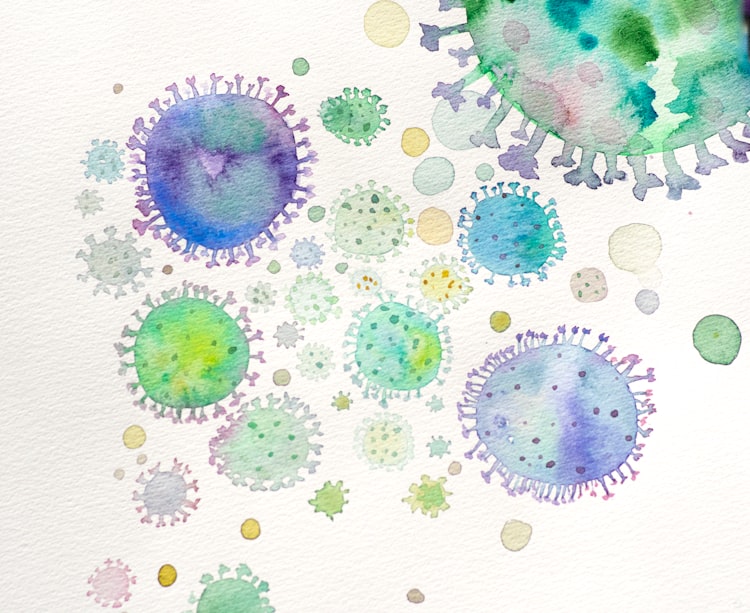In the struggle against dry mouth, saliva quality matters just as much as saliva quantity

Most people think dry mouth is just about not producing enough saliva. But there’s more to it.
In a healthy mouth, the saliva contains the proper composition of nutrients that keep your oral ecosystem balance in check. When those nutrients are depleted, it can lead to a host of problems, including tooth decay, mouth sores, and gum disease.
Saliva is an overlooked and underappreciated bodily fluid that is essential to oral- and overall health. Although saliva mostly consists of water, it also contains proteins, ions, and enzymes.
These nutrients perform a variety of vital tasks in your mouth. (See image below.)

That's why taking back control of your oral health means addressing the nutrient imbalance in the saliva--not just producing more ‘nutrient-poor’ saliva.
Here are four tips to improve the quality of your saliva
- Manage your diet. A healthy, balanced diet is key in helping to replenish your oral ecosystem balance. Certain foods like fruits and vegetables contain vitamins and minerals that form a protective coating on your teeth, mouth, and gums. Steer clear of sugary or acidic snacks and drinks, which throw off the healthy balance of the oral ecosystem.
- Drink plenty of water. In addition to providing instant hydration, water can help to rinse away food particles in the mouth that attract harmful bacteria. It can also reduce the acidity in the mouth, which, in turn, allows the nutrients in saliva to do their work. So drink plenty of water throughout the day.
- Go easy on yourself. It’s not just what you’re eating and drinking that can have an impact on your oral health. Stress, worry, and negative thoughts can all lead to an imbalance in your oral ecosystem. So make sure you include some stress-reducing activities in your daily routine, like meditating, stretching, taking walks, or listening to your favorite music.
- Get enough sleep. Proper rest also improves the nutrient balance in the mouth by slowing the release of the stress hormone cortisol. And in case you didn’t know, individuals with dry mouth already produce too much cortisol. So, aim for at least 7-8 hours of sleep per night to get your stress under control.
Taking back control of your oral health may seem challenging, especially if you've been dealing with disruptive dry mouth symptoms for a long time. But with a few simple lifestyle changes, you can begin the process of restoring your mouth to a healthy, happy state.





Member discussion